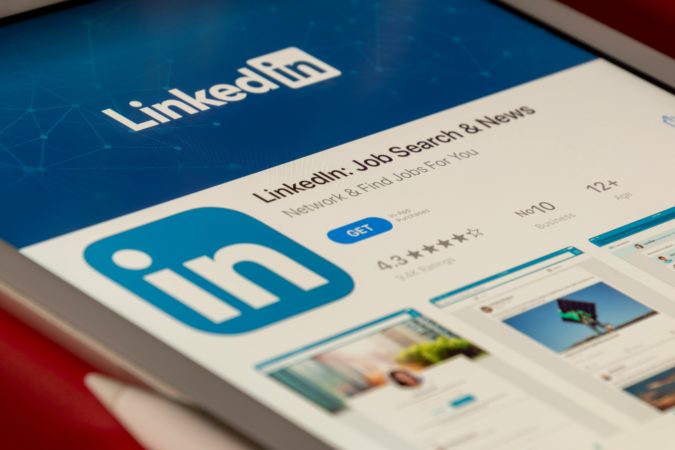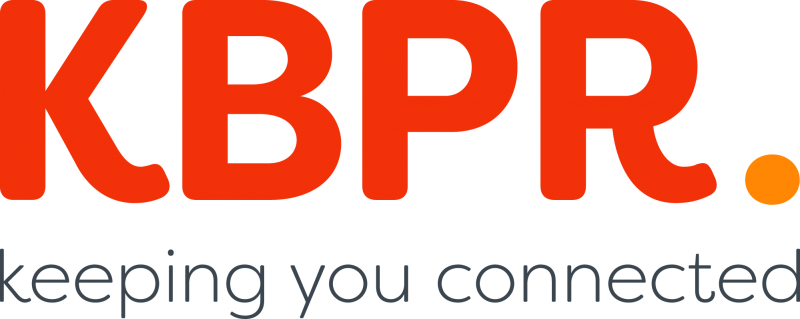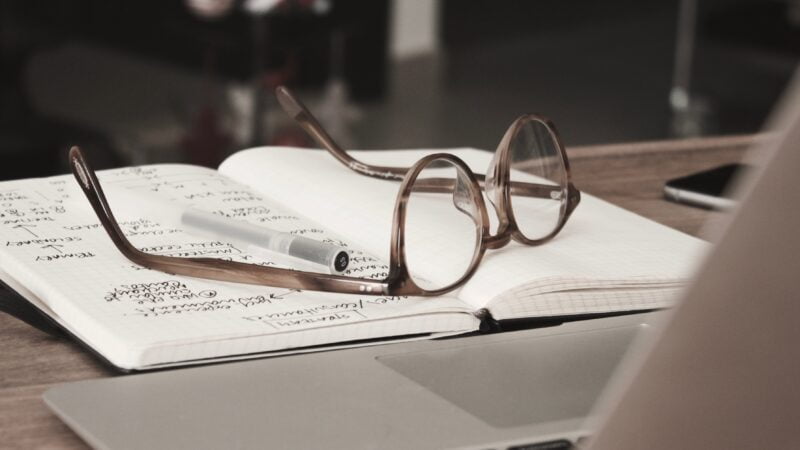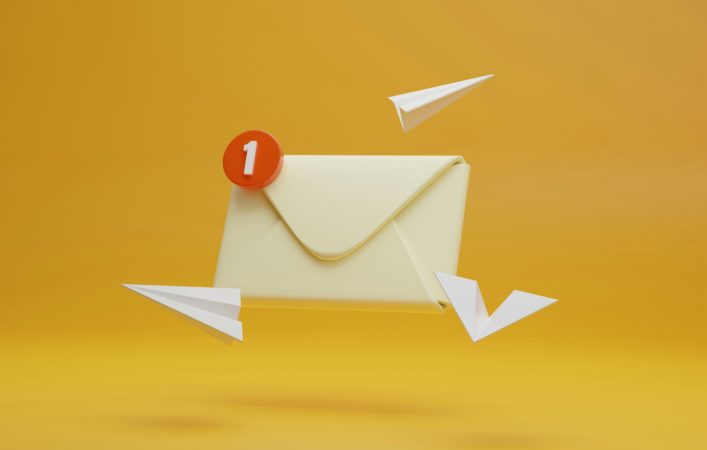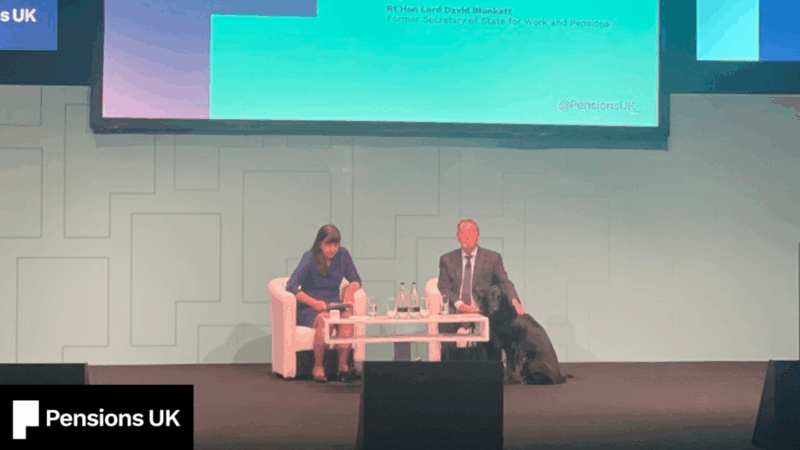For better or worse we are all subject to bias, constantly. As of today, there are 175 listed on Wikipedia so I suspect we all have a cornucopia of them swirling around in us – I haven’t checked them all. I believe that to truly learn and grow as individuals we must first try and identify and acknowledge that we have biases as this in itself will help us make better judgements in the future.
I try to make good judgments. And also spend time reflecting back on those that have gone before in the hope that I can both learn and grow as an individual, and be ready and open for the next challenge that comes along. For me, life is one long lesson and learning to accept who I am, recognise my limitations and allowing myself to question my interactions with fellow human beings is critical to me evolving.
If you don’t think you’re biased then I challenge you to take one of the tests in the Harvard Project Implicit series, which can be found here. If you’re open to learn and grow you’re surely curious to take a look – go on, I dare you. If not, then perhaps you should, I’d like you to prove me wrong.
As you read this I leave you with one closing thought: “Before you judge me, walk a mile in my shoes, see what I see, hear what I hear, feel what I feel. Then maybe you’ll understand.” Anon
